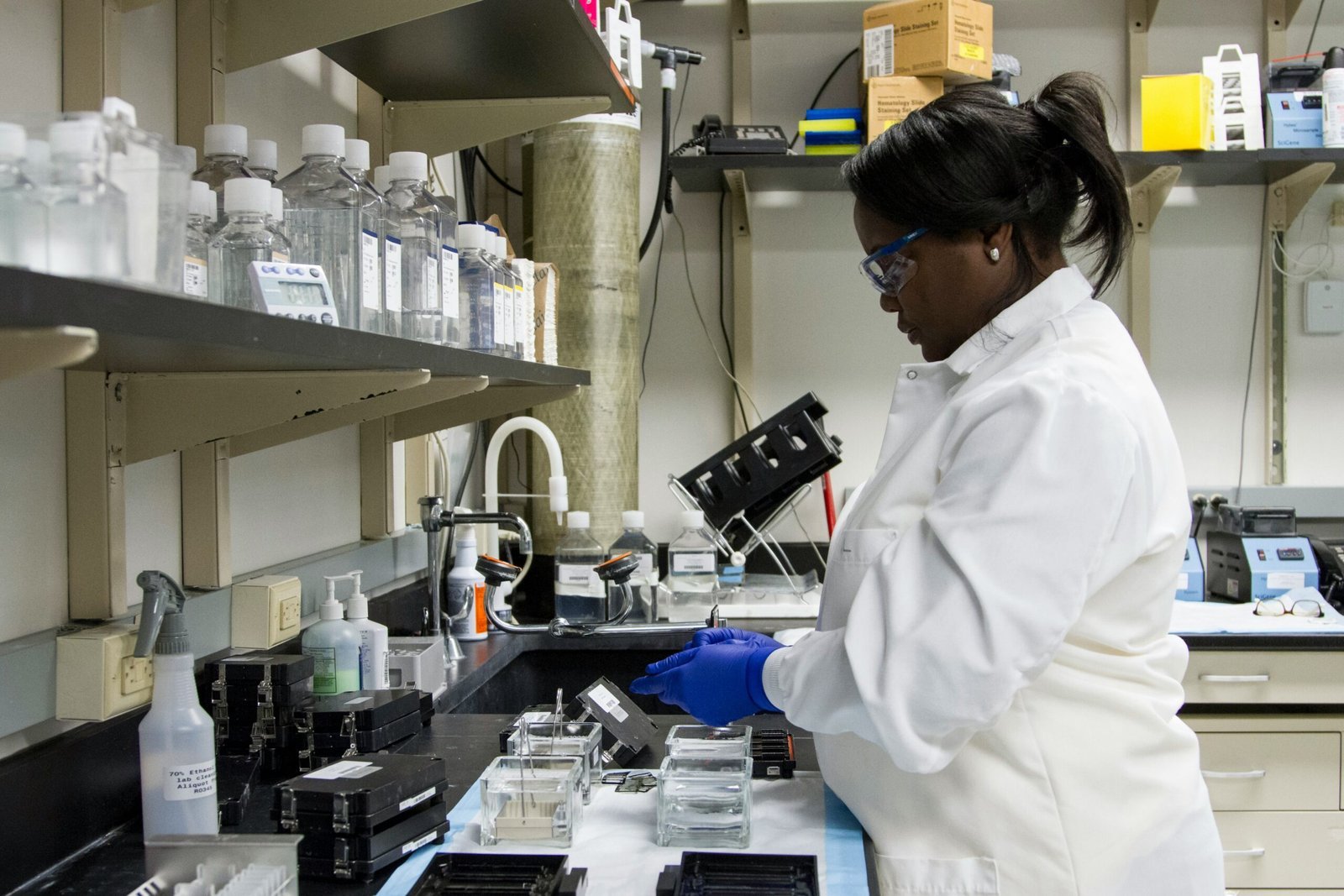
Understanding Genome Testing
Genome testing, often referred to as genetic testing or genomic testing, is a groundbreaking approach in the medical field. By analyzing an individual’s DNA, healthcare professionals can identify genetic variations, such as single nucleotide polymorphisms (SNPs), that may indicate an increased risk for various diseases. This technology is pivotal in allowing for personalized medicine, where treatment and prevention strategies can be tailored to individual genetic profiles.
The Role of AI in Enhancing Genome Testing
Innovations in artificial intelligence (AI) are revolutionizing how genome testing is performed and interpreted. AI algorithms can analyze vast amounts of genomic data faster and more accurately than traditional methods. This technology not only streamlines the testing process but also enhances our understanding of complex genetic risks associated with illnesses. By identifying patterns and correlations that are often undetectable to the human eye, AI can significantly improve the predictive capability of genome testing.
Future Implications and Benefits
As the integration of AI in genome testing advances, the future of medicine looks promising. Patients will benefit from more accurate assessments of their genetic risks, leading to effective preventive measures and tailored therapies. Moreover, combining AI with genome testing holds the potential for breakthroughs in understanding hereditary diseases, ultimately paving the way for more personalized treatment options in various medical fields. As we continue this intersection of technology and genetics, the potential for improved health outcomes is limitless.